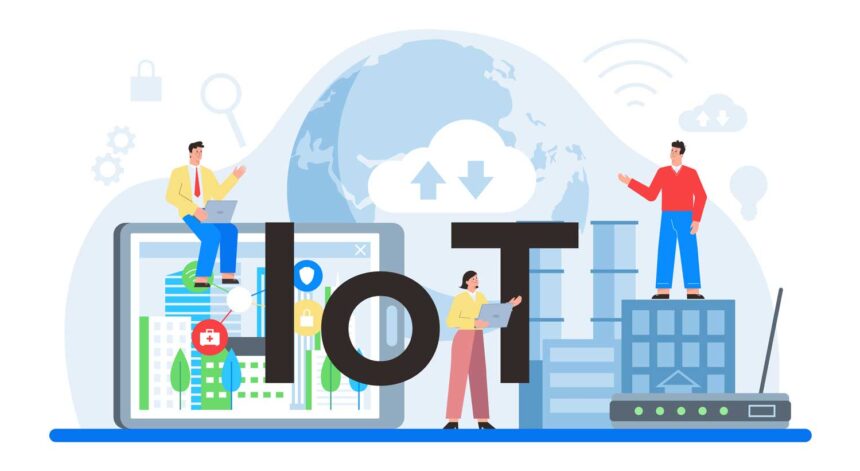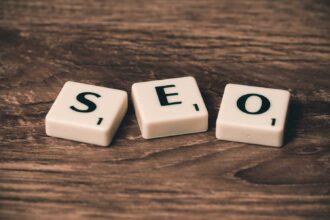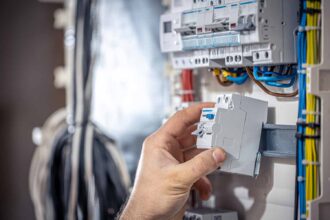In the ever-evolving landscape of technology, the Internet of Things (IoT) stands as a transformative force, weaving a network that seamlessly connects devices, sensors, and systems.
At the heart of this intricate web are IoT frameworks, the unsung heroes shaping the integration of smart technologies.
These frameworks serve as the bedrock for constructing and managing IoT applications, empowering diverse industries to harness the potential of connected devices for heightened efficiency, productivity, and innovation.
The Language of Connection
At the core of an IoT framework is its ability to facilitate communication and data exchange between devices.
Picture it as a universal language that ensures interoperability, allowing devices from different manufacturers to interact seamlessly.
Protocols like MQTT and CoAP take center stage, establishing efficient and standardized communication, breaking down the silos that often exist between disparate devices.
Safeguarding the IoT Realm
Ensuring the security and privacy of the massive volumes of data circulating within the IoT ecosystem is a paramount concern.
IoT frameworks step up to the challenge by incorporating robust security protocols and encryption measures.
These elements act as guardians, protecting data integrity and confidentiality, addressing apprehensions related to unauthorized access and potential data breaches.
Smart Living in Action
In the realm of smart homes, IoT frameworks create a harmonious and integrated living experience.
Home automation systems rely on these frameworks to connect an array of smart devices, allowing users to remotely control and monitor their living spaces.
Frameworks like Zigbee and Z-Wave take the lead, enabling low-power, short-range communication between devices, elevating the efficiency of smart home ecosystems.
The Industrial Metamorphosis
Industries are undergoing a paradigm shift with the integration of IoT frameworks. Traditional manufacturing processes are transforming into smart, connected systems.
This integration enhances operational efficiency by providing real-time data on equipment performance, predictive maintenance, and supply chain logistics.
Industrial IoT frameworks like OPC UA and MQTT are instrumental in facilitating secure and efficient communication between machines, sensors, and control systems.
Healthcare’s Digital Renaissance
The healthcare sector is experiencing a digital renaissance with the infusion of IoT frameworks.
Remote patient monitoring, wearable devices, and connected medical equipment are becoming staples, empowering healthcare professionals with real-time data for more informed decision-making.
Frameworks like FHIR standardize data exchange in healthcare applications, ensuring seamless communication between different systems and devices.
Urban Living Reimagined
In smart cities, IoT frameworks lay the groundwork for urban development initiatives.
These frameworks integrate various services such as traffic management, waste disposal, and energy distribution, fostering sustainable and efficient urban environments.
By leveraging data from sensors and devices, city planners can make data-driven decisions to enhance the quality of life for residents.
Empowering Edge Computing
An emerging aspect in the IoT landscape is the role of frameworks in empowering edge computing. By processing data closer to the source—where devices generate information—IoT frameworks enhance efficiency, reduce latency, and optimize bandwidth usage.
This shift towards edge computing ensures quicker decision-making and improved overall system responsiveness in dynamic IoT environments.
The Road Ahead
As we gaze into the future, the evolution of IoT frameworks is set to continue. The demand for greater standardization, security, and scalability will drive this evolution.
Open-source frameworks and collaborative efforts within the industry will be pivotal in fostering innovation, ensuring the sustained growth of the IoT ecosystem.
IoT frameworks stand as the architects shaping the integration of smart technologies, providing the indispensable infrastructure for communication, security, and interoperability.
As these frameworks evolve, they will undoubtedly play a central role in navigating the future of connected ecosystems across industries, ushering in an era of unprecedented innovation and efficiency.









